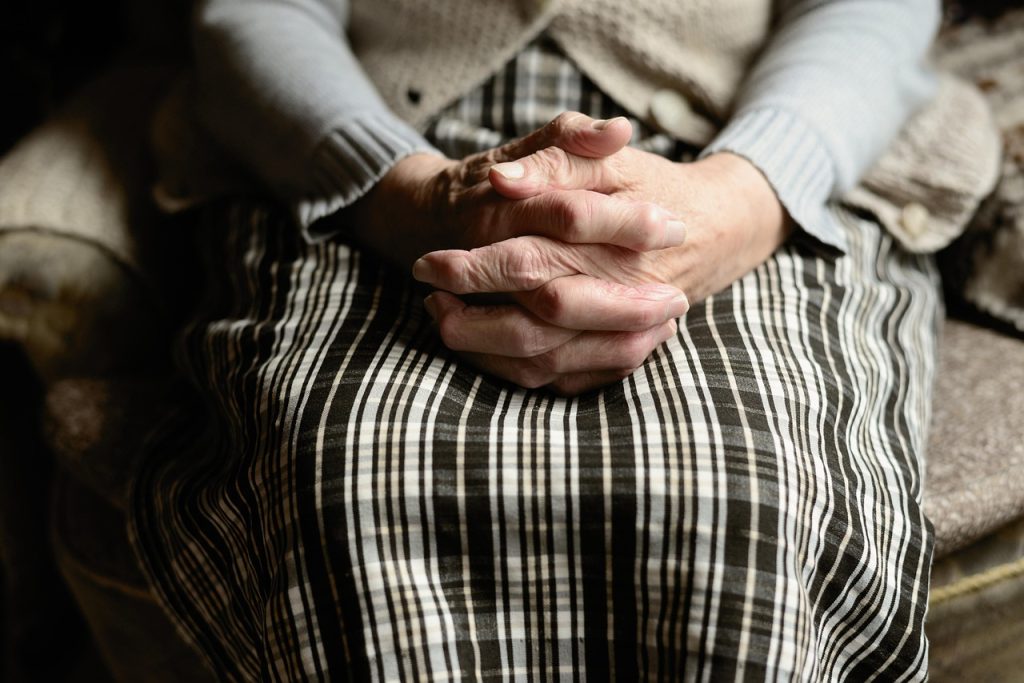When you move a loved one into a nursing home, you expect them to receive attentive, compassionate care. But in reality, many Washington facilities are struggling with nursing home understaffing — and that shortfall can directly lead to nursing home abuse or neglect.
At Ron Meyers and Associates, we’ve represented families in Olympia and throughout the state who trusted a facility to care for their parent, grandparent, or spouse — only to learn that neglect or even abuse occurred. In many of these cases, the root cause wasn’t just one negligent employee — it was poor staffing policies, inadequate oversight, and a systemic failure to meet residents’ basic needs.
Here’s how staffing shortages contribute to serious problems — and what to do if you suspect abuse or neglect.
Understaffing Is Widespread — and Dangerous
Many nursing homes operate with the bare minimum number of staff required by state and federal regulations. Some fall short even of that.
This is often caused by:
- High turnover in caregiving roles
- Low pay and poor working conditions
- Overreliance on temporary or agency workers
- Corporate cost-cutting in for-profit facilities
When too few workers are responsible for too many residents, mistakes happen — and needs go unmet. Elder neglect becomes far more likely when facilities are consistently short-staffed and overwhelmed.
What Happens When There Aren’t Enough Caregivers?
Even the most well-meaning staff members can’t provide safe, attentive care when stretched too thin. When that happens, the consequences of poor staffing in nursing homes can include:
- Missed medications or delayed care
- Falls and mobility accidents due to lack of assistance
- Bedsores and infections from infrequent repositioning or poor hygiene
- Emotional distress from social isolation and unaddressed anxiety
- Malnutrition and dehydration from rushed or skipped meals
In more extreme cases, abuse can occur when overwhelmed workers lose patience or when inadequate supervision allows abusive employees to go unchecked.
How to Spot Signs of Abuse or Neglect in Understaffed Facilities
Family members are often the first to notice when something’s wrong. Warning signs that your loved one may be experiencing elder abuse or neglect include:
- Sudden weight loss or poor hygiene
- Unexplained bruises, cuts, or fractures
- Withdrawal, anxiety, or fear around certain staff
- Repeated infections or untreated medical issues
- Long call bell wait times or unanswered requests
If you see these red flags, you have the right to demand answers — and to protect your loved one through legal action.
Legal Protections for Washington Nursing Home Residents
Under both federal law and Washington state law, nursing home residents have the right to be free from abuse, neglect, and exploitation. Facilities are required to:
- Maintain adequate staffing to meet residents’ needs
- Train staff on proper care standards
- Supervise employees and investigate complaints
When they fail, and nursing home abuse or neglect results, families can file claims for:
- Medical costs related to the harm
- Pain and suffering
- Relocation expenses
- Punitive damages in egregious cases
A nursing home abuse or neglect lawyer in Washington can help you gather evidence, work with medical professionals, and pursue justice for your loved one.
We Help Families Hold Understaffed Facilities Accountable
At Ron Meyers and Associates, we’ve handled cases involving:
- Severe pressure sores and infections
- Unexplained fractures and injuries
- Falls resulting in hospitalization
- Malnutrition and dehydration
- Emotional trauma due to neglect or verbal abuse
Our firm understands how to investigate staffing failures, uncover internal records, and build strong cases for families who’ve been wronged. We treat these matters with the urgency and care they deserve.
Contact Ron Meyers and Associates for a free consultation.
FAQ: Staffing and Neglect in Washington Nursing Homes
Are there legal limits on how understaffed a facility can be?
Yes. Washington state law requires nursing homes to maintain minimum staff-to-resident ratios. However, “minimum” does not always mean “adequate,” and poor care can still result.
Can I sue a nursing home for neglect caused by short staffing?
Yes. If your loved one was harmed due to inadequate supervision or care, you may have a valid claim — especially if the facility failed to meet reasonable care standards.
What’s the difference between abuse and neglect?
Neglect is the failure to provide needed care. Abuse involves intentional harm (physical, emotional, sexual, or financial). Understaffing can lead to both when residents are left vulnerable.
What should I do if I suspect neglect?
Report your concerns to facility management and Adult Protective Services. Then contact an attorney to review your legal options.








